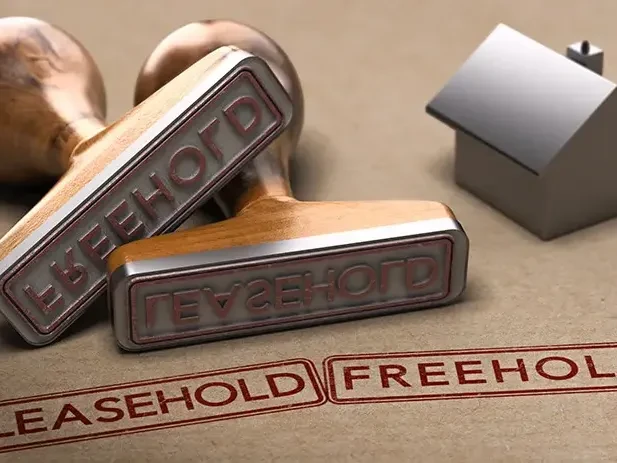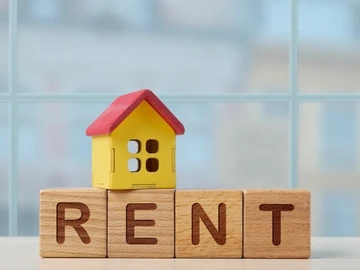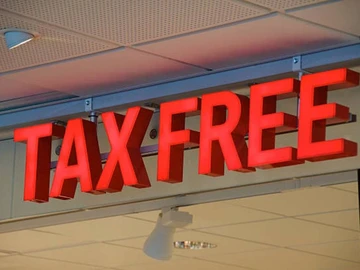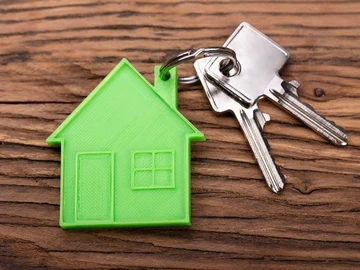When it comes to buying property in Zimbabwe, understanding the distinction between leasehold and freehold properties is crucial. Each type of ownership has its unique advantages and disadvantages, impacting your investment decision, property rights, and overall experience as a homeowner. This article explores the key differences between leasehold and freehold properties in Zimbabwe, helping you make an informed choice.
What is Freehold Property?
Freehold property is a type of ownership where the buyer owns both the land and the building on it outright, with no time limitations. This means you have complete control over the property, including the right to sell, lease, or modify it as you see fit, subject to local regulations.
Key Benefits of Freehold Properties:
- Complete Ownership: You own the property indefinitely, providing long-term stability and security.
- Greater Control: Owners can make changes or improvements without needing approval from a landlord or governing body.
- Investment Potential: Freehold properties often appreciate more than leasehold properties over time, making them a solid investment.
Drawbacks of Freehold Properties:
- Higher Upfront Costs: Freehold properties can be more expensive to purchase initially compared to leasehold options. In Harare, for instance, the average price of a freehold property increased by 12% in the last year, reaching approximately $120,000 for a three-bedroom house .
- Maintenance Responsibility: As a freehold owner, you are fully responsible for the upkeep of the property and any associated costs.
What is Leasehold Property?
Leasehold property involves purchasing the right to use and occupy a property for a specified period (usually 99 years, but it can vary). The land remains owned by the freeholder, and the leaseholder pays ground rent to the freeholder for the duration of the lease.
Key Benefits of Leasehold Properties:
- Lower Initial Costs: Leasehold properties tend to be less expensive upfront, making them more accessible for first-time buyers. Current leasehold properties in urban areas can be priced around $60,000, offering an attractive entry point .
- Potential for Rental Income: Leasehold properties can be rented out, allowing leaseholders to generate passive income.
- Limited Maintenance Responsibility: In many cases, the freeholder is responsible for major maintenance and structural issues, reducing costs for leaseholders.
Drawbacks of Leasehold Properties:
- Limited Control: Leaseholders may need permission from the freeholder for alterations or renovations.
- Ground Rent: Leaseholders are required to pay ground rent, which can increase over time and affect overall affordability.
- Expiration of Lease: At the end of the lease term, ownership of the property reverts back to the freeholder, which can lead to uncertainties in investment.
Recent Trends in Zimbabwe's Property Market
As of 2023, Zimbabwe's real estate market has shown resilience despite economic challenges. The demand for both leasehold and freehold properties has surged due to several factors, including:
- Urbanization: Rapid urbanisation has led to an increased need for housing in cities. As per the Zimbabwe National Statistics Agency, urban areas are expected to grow by 4.5% annually, driving demand for new properties .
- Investment Opportunities: The government's efforts to encourage foreign investment in real estate have led to a rise in new developments. In 2023, the real estate sector attracted $200 million in foreign investment .
- Sustainability Trends: There is a growing preference for sustainable living, with many buyers seeking properties that incorporate green technologies and energy-efficient designs.
Making the Right Choice
When deciding between leasehold and freehold properties in Zimbabwe, consider your financial situation, long-term plans, and how much control you desire over your property. Freehold properties offer the benefits of complete ownership and potentially higher investment returns, while leasehold properties can be an attractive option for those seeking lower initial costs and less maintenance responsibility.
Conclusion
Understanding the differences between leasehold and freehold properties is essential for making informed decisions in the Zimbabwean real estate market. Whether you opt for the independence of freehold ownership or the affordability of leasehold agreements, careful consideration of each type’s implications will help ensure your investment aligns with your goals.
For more insights and information on buying property in Zimbabwe, visit property.co.zw for the latest news, tips, and listings.
 Continue with Facebook
Continue with Facebook
 Continue with Email
Continue with Email














